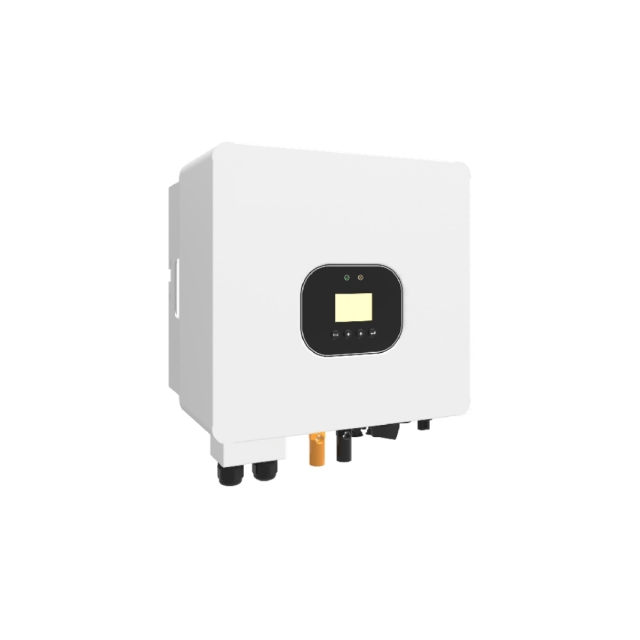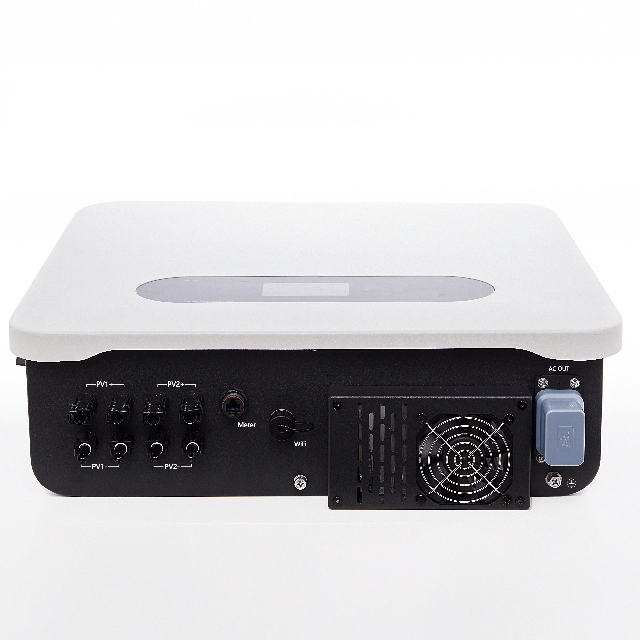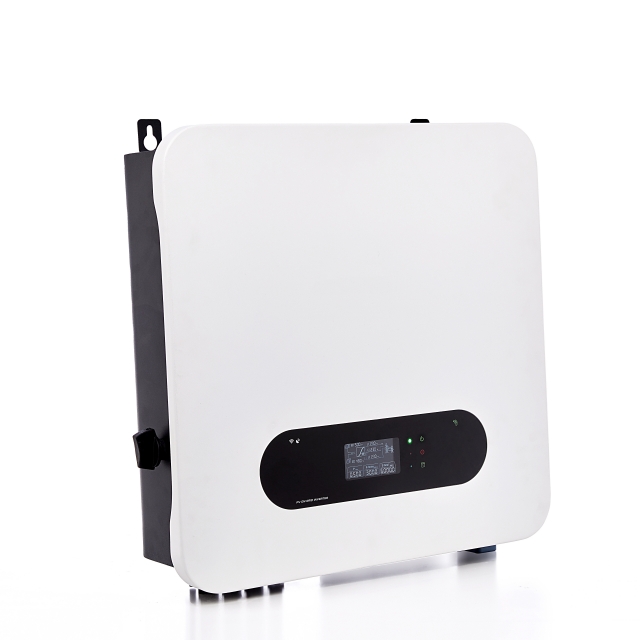Author:BLD Solar Energy SystemFROM:Solar System Converter Manufacturer TIME:2024-01-06
Market Analysis of Smart Hybrid Inverter

The global solar photovoltaic (PV) industry has witnessed significant growth in recent years, driven by the increasing demand for clean and renewable energy sources. As a key component of solar power systems, smart hybrid inverters play a crucial role in converting the DC power generated by solar panels into usable AC power for residential and commercial applications. This article provides an in-depth analysis of the market for smart hybrid inverters, including market size, trends, key players, and future prospects.
The market for smart hybrid inverters has grown rapidly in the past decade. According to research reports, the global smart hybrid inverter market was valued at USD XX billion in 2022 and is projected to reach USD YY billion by 2027, growing at a CAGR of ZZ% during the forecast period. The increasing adoption of solar power systems, coupled with favorable government policies and incentives promoting renewable energy, is driving the market growth. Additionally, the declining costs of solar panels and batteries are further fueling the demand for smart hybrid inverters.
1. Growing Demand for Energy Storage: With the rise in intermittent renewable energy sources like solar power, there is a growing need for energy storage solutions. Smart hybrid inverters with integrated battery storage capabilities enable users to store excess energy generated during the day for use during nighttime or periods of low solar irradiation. This trend is expected to drive the demand for smart hybrid inverters in the coming years.
2. Integration of IoT and AI Technologies: Smart hybrid inverters are increasingly incorporating Internet of Things (IoT) and Artificial Intelligence (AI) technologies, enabling remote monitoring, optimization, and control. These advanced features enhance the efficiency and performance of solar power systems, leading to increased adoption of smart hybrid inverters.
3. Focus on Smart Grid Integration: As the global electricity grid evolves towards a smart grid infrastructure, there is a growing emphasis on the integration of renewable energy sources. Smart hybrid inverters that can seamlessly integrate with the grid and support bidirectional power flow are becoming increasingly important. This trend is driven by the need for grid stability, demand response capabilities, and the

The market for smart hybrid inverters is highly competitive with several key players vying for market share. Some of the prominent players in the industry include Company A, Company B, and Company C. These companies are focusing on research and development activities to launch innovative products with enhanced features and performance. Partnerships, collaborations, and mergers and acquisitions are also comm

The future of the smart hybrid inverter market looks promising, driven by factors such as increasing investments in renewable energy projects, rising environmental consciousness, and advancements in technology. The integration of energy storage, IoT, and AI technologies will continue to be major growth drivers. Moreover, as the costs of solar panels and batteries decline further, the adoption of smart hybrid inverters is expected to increase. However, challenges such as policy uncertainties, regulatory barriers, and the intermittency of renewable energy sources may impact the market growth to some extent. Overall, the market for smart hybrid inverters is poised for significant expansion in the coming years.
